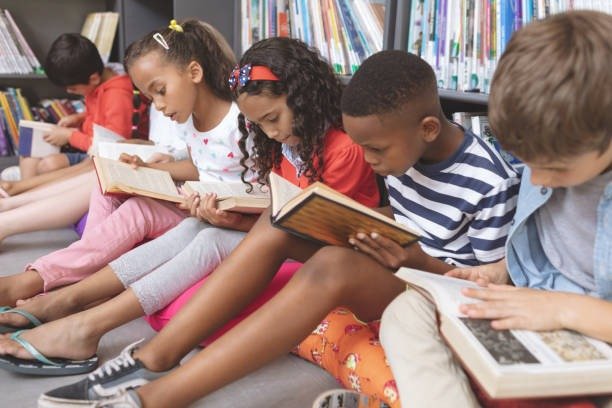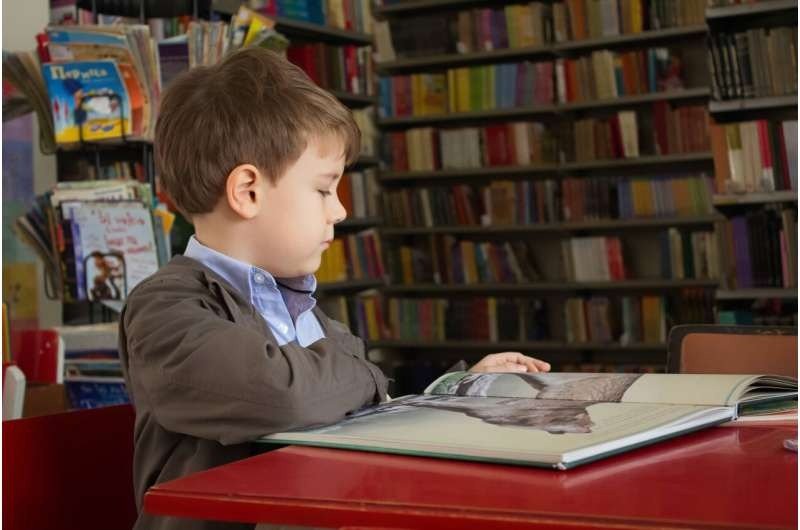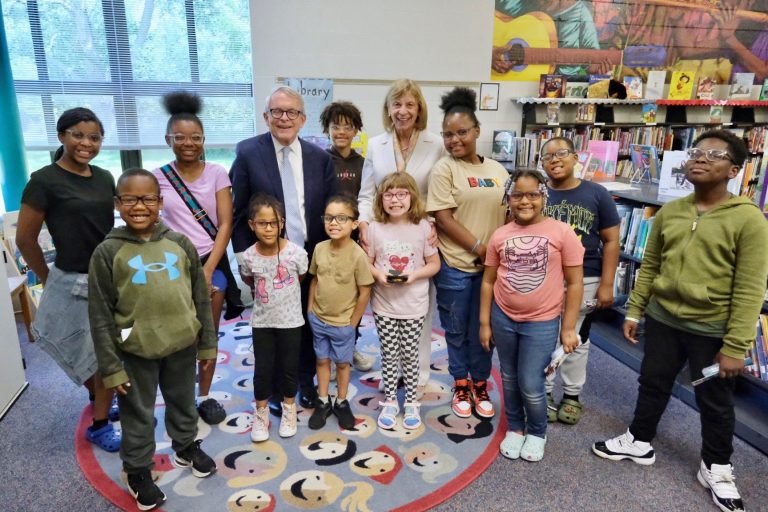The Science of Reading Comes to Ohio Classrooms. What’s That? How can Parents Help?

Source: https://www.dispatch.com/
For the 2024-25 school year, all Ohio schools will implement the science of reading to improve literacy rates. Supported by Governor Mike DeWine, this phonics-based approach was included in the state budget and approved by lawmakers. Schools are retraining teachers and updating curricula, with a requirement for all teachers to complete a science of reading course by June 30, 2025. Parents are encouraged to learn about this new reading method as it is adopted statewide.
What is the science of reading?
The science of reading, also known as structured literacy, is a method that focuses on teaching students to decode words by letters and sounds. In contrast, balanced literacy or whole language methods encourage using context clues from sentences or pictures to identify words. Governor Mike DeWine and many experts advocate for the science of reading, citing evidence that it is the most effective approach to literacy.
Is the science of reading a specific curriculum or program?
The science of reading is based on research outlining effective methods for teaching reading. According to the National Center on Improving Literacy, it encompasses five key principles, or “big ideas,” that guide this approach.
- Phonemic awareness, which is the ability to identity and play with individual sounds in spoken words.
- Phonics, which is understanding how letters and groups of letters link to sounds.
- Fluency, which is the ability to read words, phrases, sentences and stories correctly with speed and expression.
- Vocabulary, which is knowing what words mean and how to use them properly.
- Comprehension, which is the ability to understand what you are reading.
The state advises parents and families to follow the National Center on Improving Literacy’s guide for supporting children’s reading and writing skills. The center recommends the following activities to help with your child’s early literacy development:
- Read together, taking turns with your child reading parts of a book. Ask your child, in open-ended questions, what they think about the story and how they might connect to it.
- Sing nursery rhymes.
- Play audiobooks or read aloud. This increases the amount of language your child is exposed to.
- Label objects in your home.
- Talk about everyday experiences and tell stories to help your child build background knowledge on various topics.
For older kids, the center recommends playing word games, talking about the meaning of different words and still reading together and talking about books. Ask questions before, during and after reading together.
Parents can support adolescents in literacy by talking with them about all things including school and current events, providing various, age-appropriate reading materials around your home and being a good role model by reading yourself.
Image Source: https://www.istockphoto.com/





